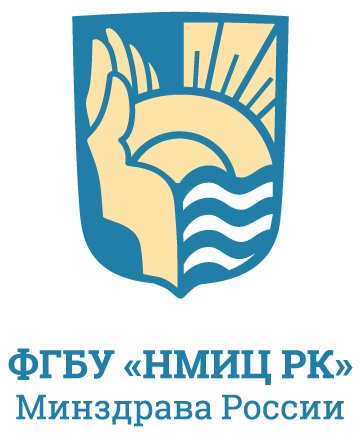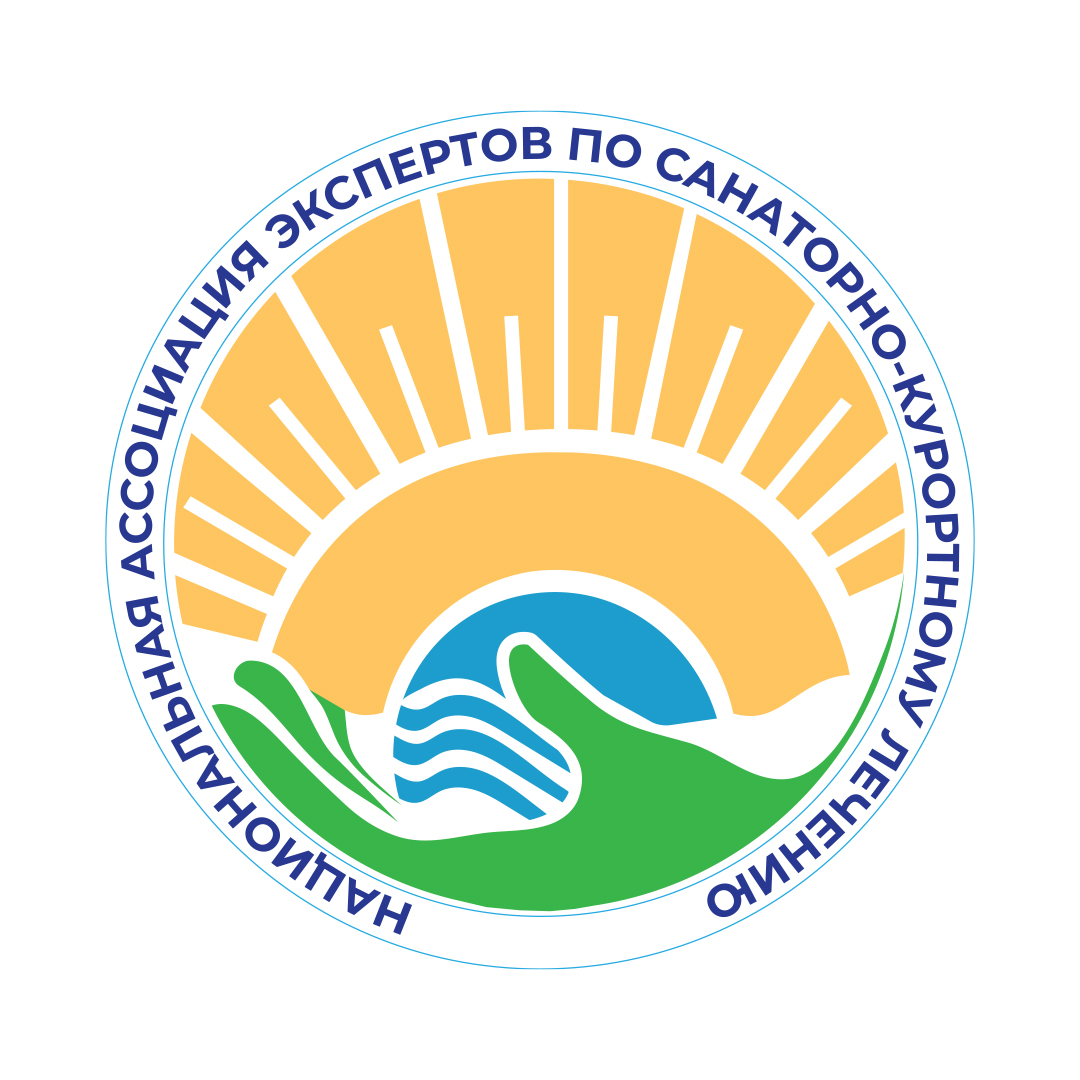Issue 2-84, 2018
Meta-Analysis: Semax Effectiveness in the Acute Period of Stroke
1,2 Shmonin A.A., 1 Verbickaya E.V., 2 Soloveva L.N., 1 Malceva M.N., 1,2 Melnikova E.V.
1 GBOU VPO First Saint-Petersburg I.P. Pavlov State Medical University, Saint-Petersburg, Russia
2 SbP GBUZ Saint-Petersburg City Hospital №26, Saint-Petersburg, Russia
ABSTRACT
Background: Despite the scientific interest to neuroprotectors, the current evidence base is insufficient.The aim of the study was to evaluate the effectiveness of Semax in the acute period of stroke in the meta-analysis ofRussian literature.Materials and methods: A systematic search was performed across 3 databases of studies that included informationabout using Semax in ischemic stroke. Data suitable for meta-analysis were confined to a score of more than 10 pointsfor the research quality, using the NIHS and Rankin scales, the Rivermead mobility index, assessed at 10-14-21 day, andSemax 1% intranasal in the first 10-14 days in dose of 12-18 mg / day. A random effects meta-analysis was performed.Results: From PubMed 167 articles and elibrary.ru 197 articles, 8 studies (n = 654) were suitable for meta-analysis,3 (n=181) of them matched the inclusion criteria and had the same end points. In the group of patients receiving Semax,there was a significant stroke severity decrease reduction using NIHSS at 10-14 and 21 days in subgroups of severe strokeand stroke of moderate severity and only at 21 days for the subgroup of mild strokes compared to the placebo group. Amongpatients receiving Semax compared with placebo, the outcome of rehabilitation after a stroke with Rankine scale at the 21day was better only in subgroups of severe and moderate stroke. When assessing the mobility with Rivermead mobilityindex, significantly better results were observed in patients receiving Semax in all subgroups compared with placebo.Conclusion: Semax 1% intranasal administration in the acute period of stroke leads to neurological impairment decrease,mobility and functional independence increase. It is rational to conduct a multicenter, powerful double-blind study of Semaxeffectiveness in the acute stroke period. A standard study design is necessary for inclusion in the meta-analysis.
KEYWORDS: Semax, stroke, meta-analysis, NIHSS, Rankin, Rivermead mobility index
References:
- Medvedeva E.V., Dmitrieva V.G., Povarova O.V., Limborska S.A., Skvortsova V.I., Myasoedov N.F., Dergunova L.V. The peptide semax affects the expression of genes related to the immune and vascular systems in rat brain focal ischemia: genome-wide transcriptional analysis. BMC Genomics -2014. - Vol. 15. - P. 228.
- Medvedeva E.V., Dmitrieva V.G., Povarova O.V., Limborska S.A., Skvortsova V.I., Myasoedov N.F., Dergunova L.V. Effect of semax and its C-terminal fragment Pro-Gly-Pro on the expression of VEGF family genes and their receptors in experimental focal ischemia of the rat brain. - J Mol Neurosci. - 2013 -Vol. 49(2). - P. 328-33.
- Medvedeva E.V., Dmitrieva V.G., Stavchansky V.V., Povarova O.V., Limborska S.A., Myasoedov N.F., Dergunova L.V. Semax-induced changes in growth factor MRNA levels in the rat brain on the third day after ischemia. International Journal of Peptide Research and Therapeutics. - 2016. - Vol. 22, no. 2. - P. 197-209.
- Aubekova O.M., Klimova E.A. [Therapeutic efficacy of "Semax 1%" for various forms of acute stroke]. Spravochnik vracha obshhej praktiki. - 2015. -Vol. 2. - P. 41-46. [in Russian].
- Zaec T.Ja., Potapova A.A., Rudneva V.V., Lobanova I.V. [The use of Semax in the early recovery period of ischemic stroke]. Kremlevskaja medicina. Klinicheskij vestnik. - 2001. - Vol. 2. - P. 40-43. [in Russian].
- Ivanova N.E. [Results of Semax administration by cognitive impairment in acute period of ischemic stroke and chronic cerebral ischemia]. - 2012. -Vol. 2. - P. 2-8. [in Russian].
- Kazakov A.Ju., Chugunov A.V., Umarova H.Ja. [The use of neuropeptide metabolic drugs in patients with cerebral circulation disorders]. Doktor.Ru. -2013. - Vol. 5 (83). - P. 12-17. [in Russian].
- Kostenko E. V., Jeneeva M.A. [Complex therapy of patients in the cerebral stroke early recovery period: the neuropeptide drugs (Semax) effectiveness]. Zhurnal mezhdunarodnoj mediciny. - 2016. - Vol. 4. - P 75-82. [in Russian].
- Mjasoedov N.F., Skvorcova V.I., Nasonov E.L., Zhuravleva E.Ju., Grivennikov I.A., Arsen'eva E.L., Suhanov I.I. [Study of the Semax neuroprotective action mechanisms in the ischemic stroke acute period]. Zhurnal nevrologii i psihiatrii im. S.S. Korsakova. - 1999. - Vol. 5. - P. 15-19. [in Russian].
- Poljakova A.V. [Neuroprotective therapy outside the therapeutic window: Semax possibilities]. Vestnik nevrologii, psihiatrii i nejrohirurgii. - 2014. - Vol. 5. - P. 54-59. [in Russian].
- Potapova A.A. [Neuropeptide drugs ischemic stroke complex treatment]. Kremlevskaja medicina. Klinicheskij vestnik. - 2003. - Vol. 2. - P. 12-15. [in Russian].
- Romanova G.A. [Neuroprotection in experimental ischemic cerebral infarction]. Patogenez. - 2012. - Vol. 10. - № 2. - P. 28-31. [in Russian].
- Skvorcova V. I., Stahovskaja L. V., Efremova N. M., Shamalov N. A., Shetova I.M. [Administration of neuroprotector "Semax 1%" in the first hours and days of acute cerebral stroke. Methodological recommendations for practical health care. - Moscow. - 2011. - P. 44. [in Russian].
- Stavchanskij V.V., Tvorogova T.V., Bocina A.Ju., Limborskaja S.A., Skvorcova V.I., Mjasoedov N.F., Dergunova L.V. [The effect of semax and its C-end peptide PGP on VEGFA gene expression in the rat brain during incomplete global ischemia]. Molekuljarnaja biologija. - 2013. - Vol. 47. - № 3. - P. 461-466. [in Russian].
- Cukurova L.A., Barojan K.M., Torgashova A.N. [A study of the neuroprotector Semax 1% efficacy and safety in patients with ischemic stroke of varying severity]. Prakticheskaja medicina. - 2013. - Vol. 1. - P. 242-244. [in Russian].

The content is available under the Creative Commons Attribution 4.0 License.
©
This is an open article under the CC BY 4.0 license. Published by the National Medical Research Center for Rehabilitation and Balneology.




